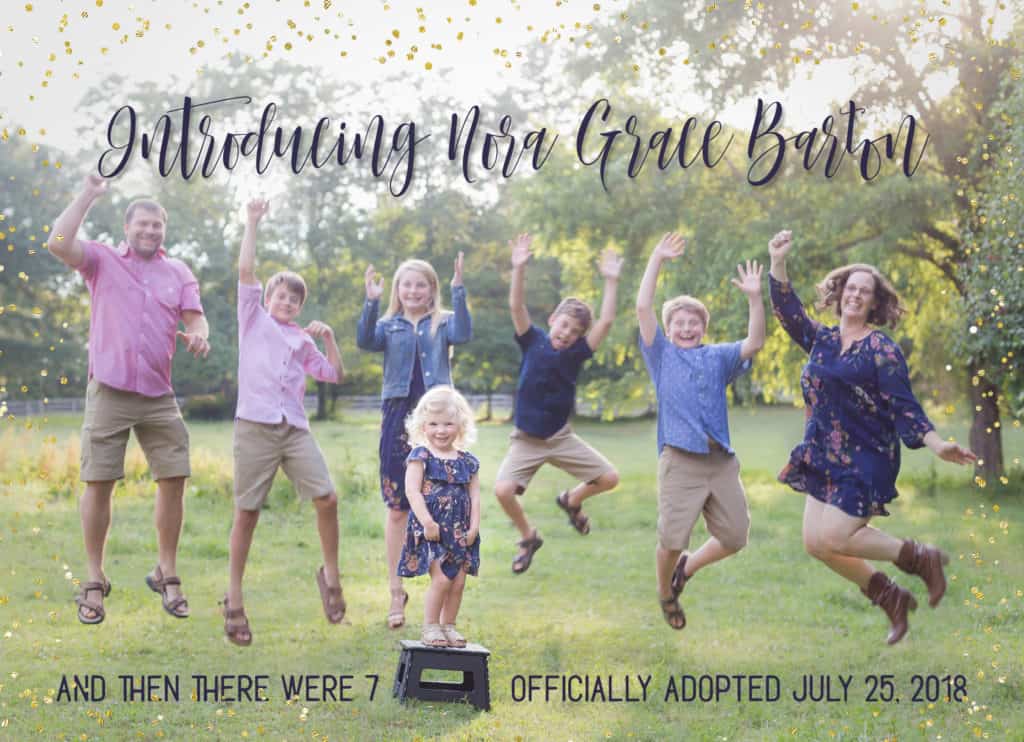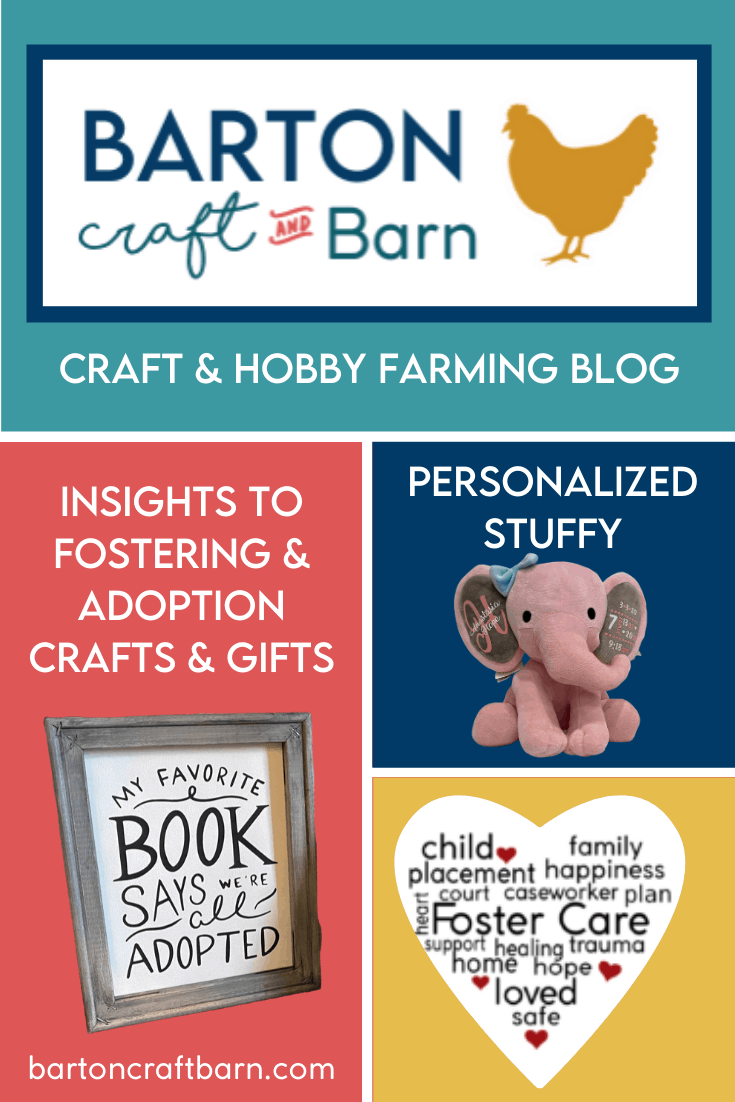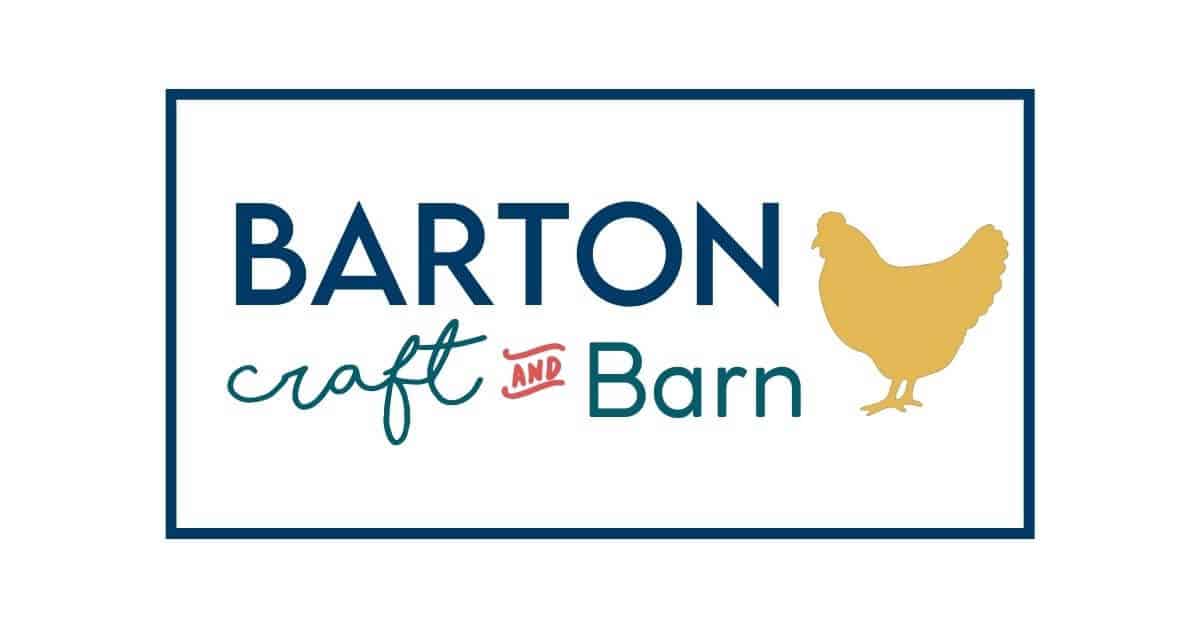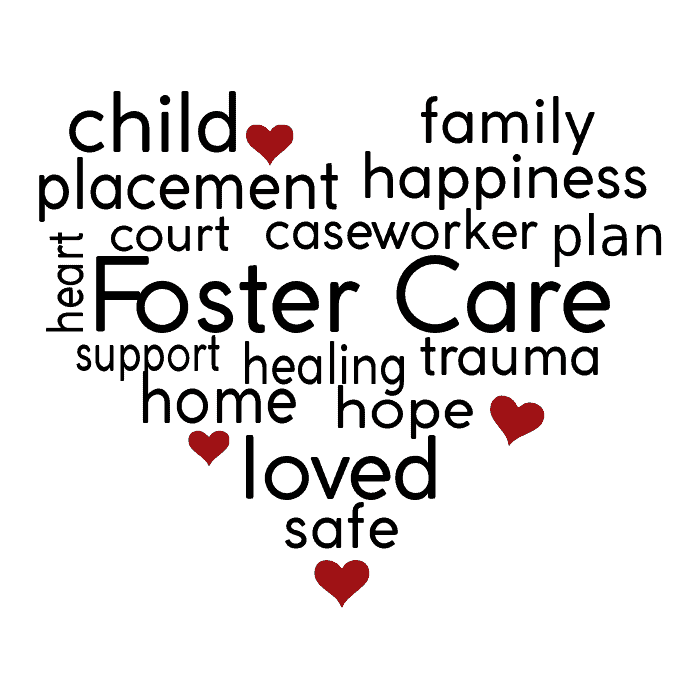Insights to Fostering
There are affiliate links in this post. I earn a small commission from qualifying purchases at no extra cost to you.
Foster care is a state system of providing care for children who cannot safely live with their biological parents. It’s intended to be temporary, although under certain circumstances, some children can remain indefinitely. While there are many reasons children might require temporary caregivers, the biggest reasons for the need for foster care today are drug abuse (especially methamphetamine and opioids) and neglect. Often because of the movies or the media, foster care is misunderstood, and can be confused with or considered a baby step towards adoption. Also skewed is the notion that foster parents do it for the money. Yes, foster families get paid. No, it’s not enough. But foster care is its own selfless act, and if you’re considering it for your family, here’s what you need to know.
Reunification, or return to biological parents, is the primary goal of foster care.
Regardless of the circumstances surrounding the case, DSS will often push for reunification because it’s their job. This is frustrating at times and can lead to many prayers for justice and mercy for the child in foster care, and the foster family, because in some instances, reunification is not in the best interest of the child. It’s important to remember that as foster parents you don’t necessarily have the full picture and that at the end of the day, God is still in charge.
Foster care is intended to provide children a safe place to live until they can return to their biological family, or until alternative permanent arrangements can be made. This also means there may be some bouncing around if that alternative permanent arrangement was less than permanent. We have only been fostering for 4 years and have had three foster children in that time. There were three completely different timelines and outcomes. If a child cannot safely be reunited, some foster parents may eventually be granted the opportunity to adopt children in their care. (This was one of our outcomes!) I never would’ve guessed that I could love another person’s child as much as my own child. And watching that child learning about Jesus, growing up in a healthy loving environment, and being properly provided for with simple food, shelter and medical care makes me reflect on where that child could be had they not been placed in our family. The process usually takes years, 2 & 1/2 in our case, and it’s a rollercoaster of emotions during those years.

I’m obviously passionate about foster care, but I tell people all the time that fostering isn’t for everyone. The decision to foster a child should be made by the entire family. Most importantly, if your spouse does not support the decision to foster, do not foster. The ups and downs of working with the system will divide the family if all are not onboard with the plan.
Seasoned foster parents, or even people just starting the process, will probably hear the phrases: “I could never do that”, “I’d get too attached”, or “I couldn’t go through the heartache of loving them and having them leave.” When I hear, “I’d get too attached,” my wheels start turning. Are you implying that I don’t? So word to the wise, this type of remark, however well intentioned, comes across as offensive in the foster parent’s mind. The statement, “It’s great that you’re doing it, but I can’t, because I’m the kind of person that would get attached.”, unwittingly implies the foster family doesn’t care deeply about the children in their care. Nothing could be further from the truth – if you don’t get attached, you’re not doing it right!
What if it’s not a good match for our family?
One of the foster children we cared for wasn’t a great fit for our family. We were super attached, but the combination of our children’s personalities wasn’t a good match with this particular foster child. We tried so hard to make it work, as the case was rapidly moving towards TPR (Termination of Parental Rights). I prayed daily for God to make it very clear if this child was supposed to be ours, or to provide another path. God answered very clearly & unmistakably and provided a wonderful adoptive family that I had met previously in our foster journey. Thankfully they felt called to take on the fostering and possible adoption of this child. This was a very tough year for us, and a very difficult decision for us to make. Even though we believed God opened the doors for the move to this adoptive family, and that it was for the best, it was still heart wrenching. Even writing about it now brings back the rollercoaster of emotions we lived through.
I included that last paragraph for some insight to others. For the potential foster parents, it’s ok if you only foster and nothing else. There is a huge need for foster families! It’s great for a child you have fostered in your home for several years for to remain with you, but it’s also OK if you are not called to be that child’s forever family. No guilt should be associated with wanting the best for a child and your family, even if it requires another move. I used to be judgmental towards foster families that didn’t adopt after years of fostering, but I’m not anymore. Isn’t it funny how God can take our judgments and use them for lessons! Makes me think twice about judging others. I’m not saying a broken heart won’t be left behind, but you’ll never regret investing in a child’s life that needs you. Also for non-foster folks, the question, “Are you going to adopt?” or questions along that line, are sometimes uncomfortable for foster parents. There are so many reasons this may not be a good line of questioning. As foster parents, we are not really supposed to talk about the specifics of our cases, maybe we would like to adopt but the child is not adoptable, or we aren’t feeling led to adopt as in our last case.
How can you help?
So let’s all become foster parents! No, that’s not the message here, but there is very likely something you can do to support the foster families that open their homes to children in need. During the entire span of our fostering journey there was a shortage of Guardian Ad Litems. These are community volunteers that are the advocates for the children. Their primary duty is to investigate and determine the best interest of the minor child. A shortage of these folks equals a broken system. These kids need someone looking after them, so if you have some extra time consider volunteering to be a GAL. It is more than likely that your community has a foster closet available; they typically survive on donations. So next time you think about reselling gently used kids items, donate instead. Or better yet call the closet up and see what they need. One time I visited a foster closet and left with a Wal-Mart gift card; it was very helpful to get some necessities for a child that was new to our home that came with nothing. There are also volunteer opportunities at the closets as well. If you live in the Greenville, South Carolina area check out Grace Closet run by Grace Church. They are the best! During the months that lead up to Christmas, you can sponsor a foster child and grant some gift wishes, or volunteer to collect or distribute donations. One Easter, we received the sweetest gift of an Easter basket for our little one from a very thoughtful family. We still use this basket for her toys and when I see it I think of that sweet family. They might even need help with childcare for their biological children during visits with DSS, or childcare for the foster child during court dates. There are so many ways to serve the children and families in the foster system. I love when people simply say, “How are you doing? Do you need anything, and we are praying for your family.”
OK, I’ll get off my soapbox.
I hope some of that novel of a blog post was helpful to someone. Blogs are interesting in that you are writing to nobody and everybody at the same time. If you’re crafty check out my reverse canvas tutorial with an adoption theme 
Resources for foster families
The Connected Child by Karen Purvis was helpful for me to understand behaviors unique to a child impacted by early trauma. (It was recommended to me by our behavioral therapist.)
And because money doesn’t stretch or grow on trees, and you would probably get heart palpitations if you knew my grocery bill, here are some discounts available to foster families:
Foster families, did you know you can get an Amazon Prime discount? Apply at this link.
For families that foster babies, get them on WIC because formula is $$$! Every little bit helps.
The YMCA typically gives foster families a discount and also a percentage off sports and activities for your foster children.
Once Upon a Child gives a percentage off for foster families.



Love this! I was blessed to see you struggle with God and the situation presented above. His plan is working itself out and you were a big part of that plan!